Movie sequels can be hit and miss. For a film to have warranted a sequel in the first place, it must have been successful with audiences, making it a tough act to follow. Also, the derivative nature of sequels makes it difficult for them to capture the creative essence of their original counterparts. Some rise to the occasion and others don't.
In the history of the Academy Awards, only two movie sequels have ever taken home the top prize of Best Picture, though others have garnered significant nominations and wins in other categories. According to Rotten Tomatoes, these are the ones that are most deserving of the accolades...
10 The Bells Of St. Mary's (1945) - 85%
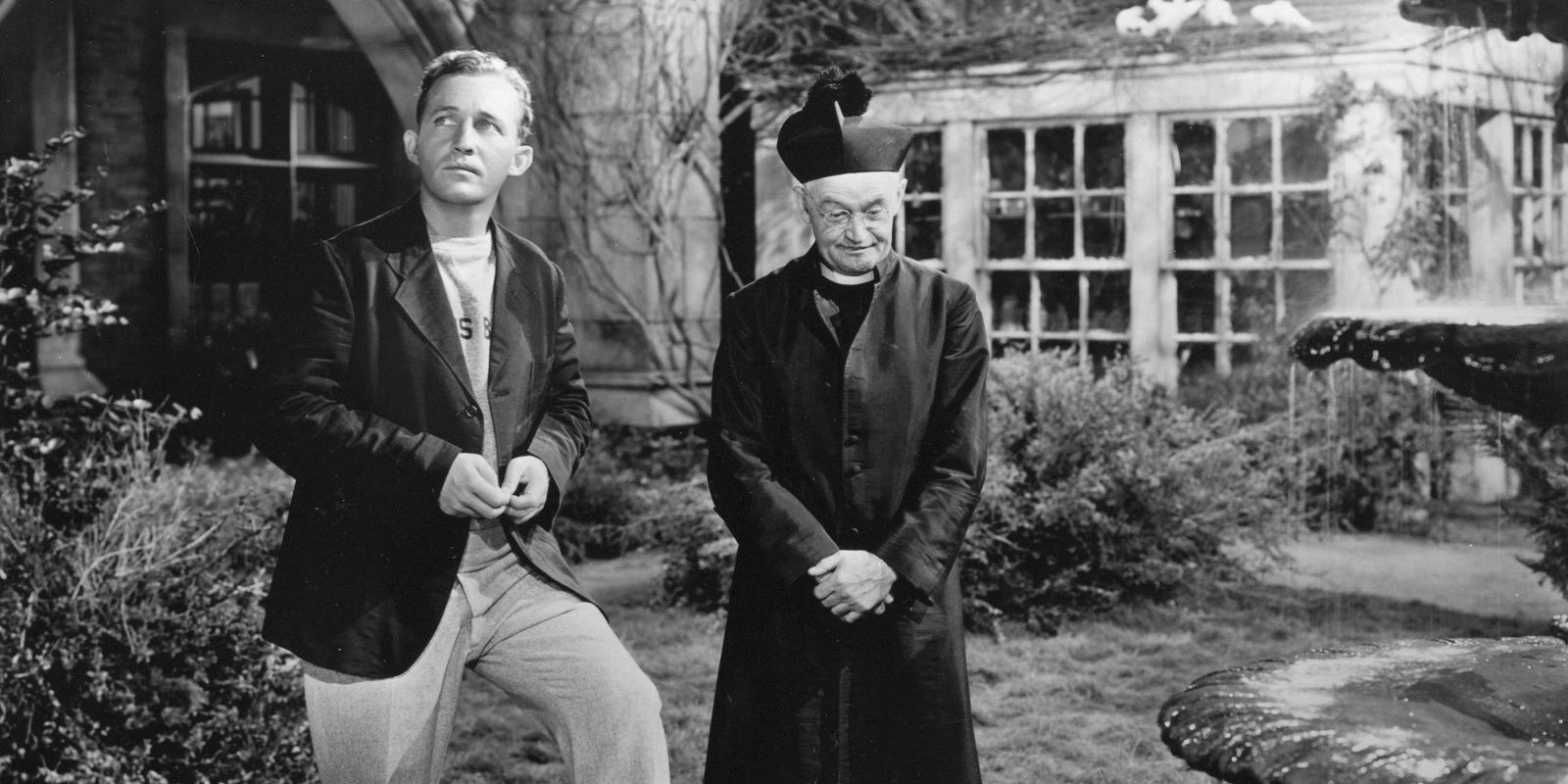
The Bells of St. Mary's is the 1945 sequel to the acclaimed 1944 drama Going My Way, which received 7 Oscars, including "Best Picture," "Best Director," and a "Best Actor" win for Bing Crosby. Crosby reprised his role as Father Chuck O'Malley, this time starring alongside Ingrid Bergman as Sister Mary Benedict.
It won just 1 Oscar for "Best Sound, Recording," but racked up an impressive 8 nominations, including nods for both lead performers, and another directing nomination for Leo McCarey.
9 Blade Runner 2049 (2017) - 88%
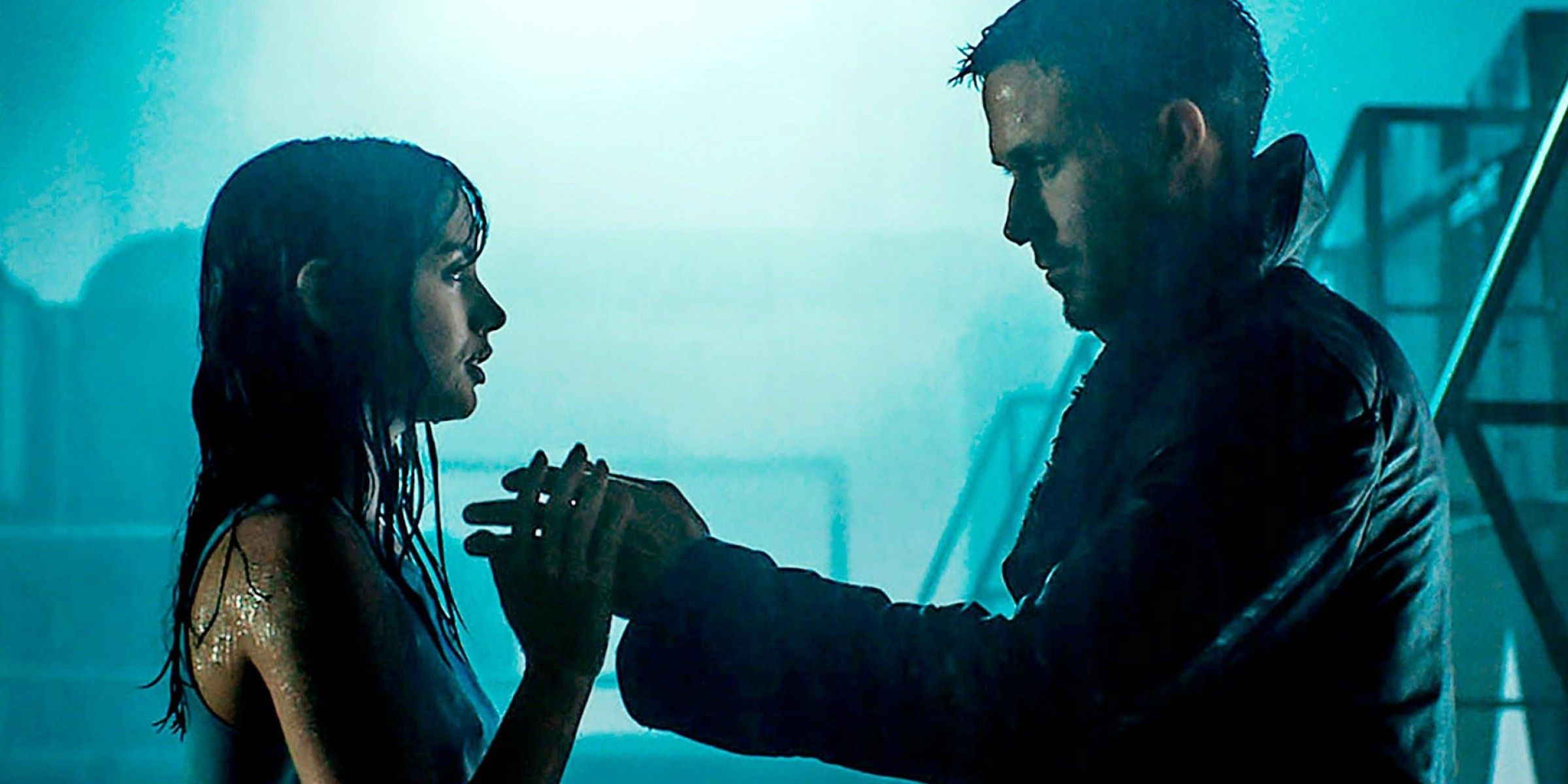
Director Denis Villeneuve's Blade Runner 2049, which takes place 30 years after the events of the original film, was a disappointing flop at the box office. Critics loved it though, with the film receiving 5 Academy Award nominations and winning two for both "Visual Effects" and "Cinematography."
This was cinematographer Roger Deakins' first Oscar win, which most cinephiles agree was long overdue. His work with the Coen brothers alone, including No Country for Old Men, Fargo, and the beautifully shot black and white The Man Who Wasn't There, should have earned him his first statue years earlier. This one was well deserved.
8 The Color Of Money (1986) - 89%
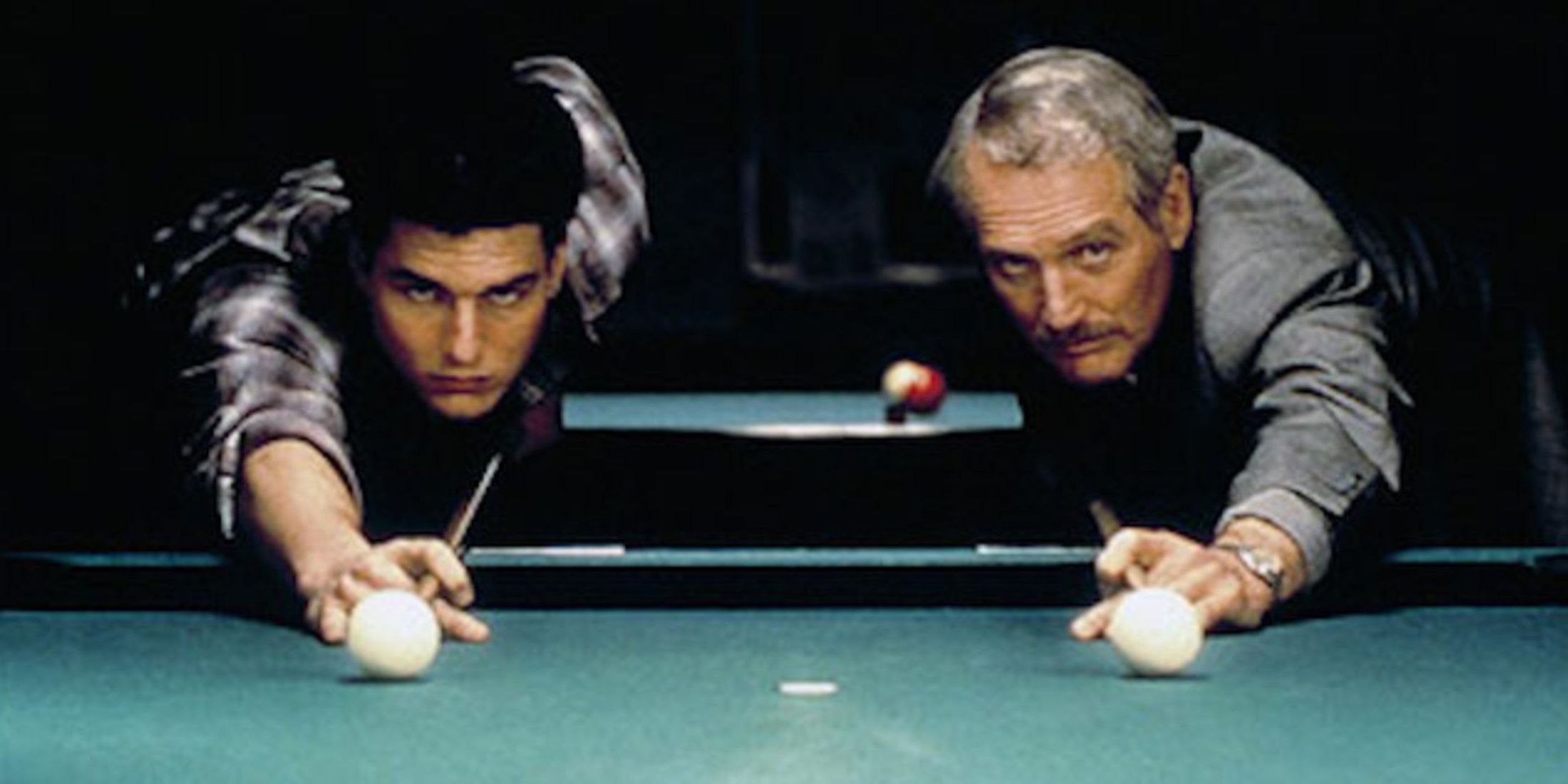
Director Martin Scorsese helmed this 1986 sequel, which was a direct descendant of 1961 classic The Hustler. Paul Newman reprises his role as "Fast Eddie" Felson, who is inspired by his young protege to make a comeback as a pool hustler. Newman won the Oscar for "Best Actor," and the film was nominated 4 times.
Oddly enough, Paul Newman had received an honorary Oscar the year before for his body of work and humanitarian efforts. He's been nominated for a specific performance 9 times, but The Color of Money was his only win.
7 The Bourne Ultimatum (2007) - 92%
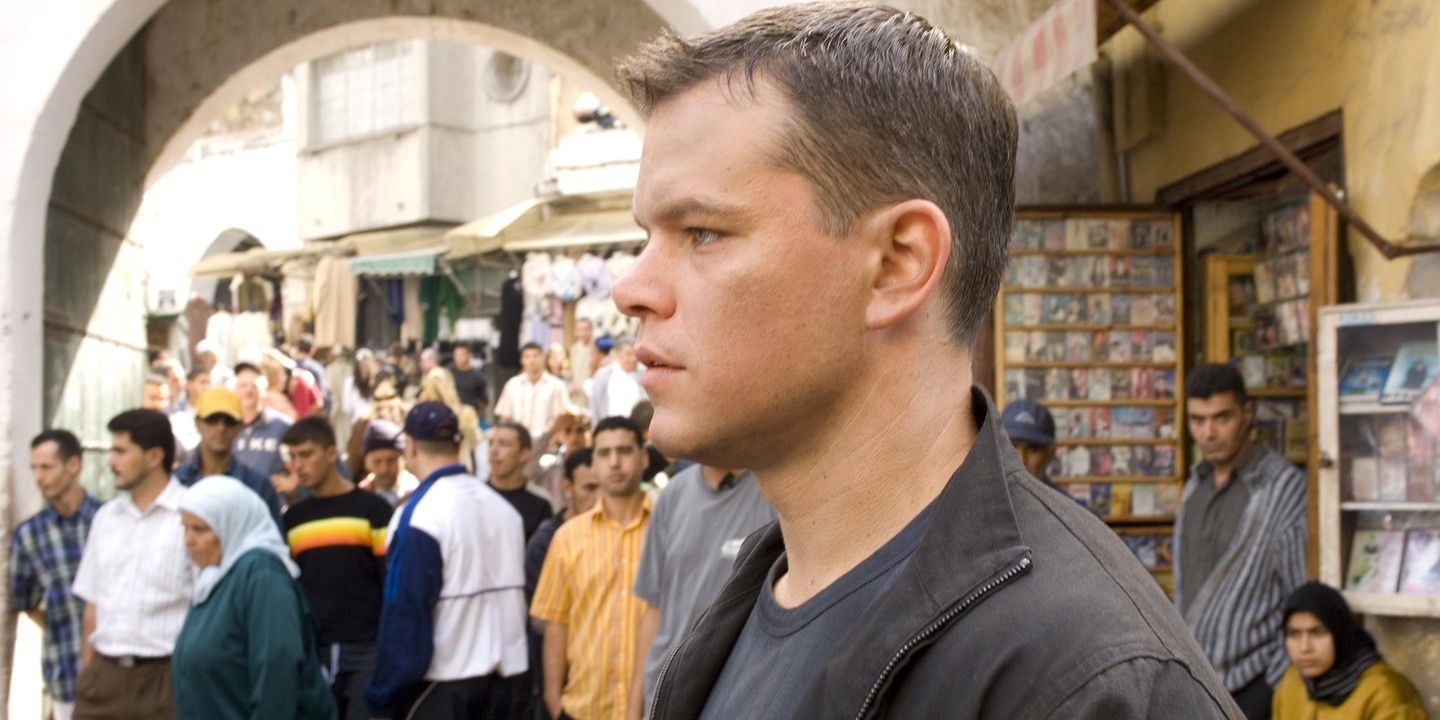
The Bourne movies, overall, are a mixed bag when it comes to critical and audience reception. The third installment, The Bourne Ultimatum, is widely considered the best in the series. Its tight script, kinetic direction, and a strong ensemble cast including Matt Damon, David Strathairn, Julia Stiles, Albert Finney, and Joan Allen, made it an instant hit.
The Academy responded by nominating it 3 times, for Best Editing, Best Sound Mixing, and Best Sound Editing. It won in all 3 categories.
6 Lord Of The Rings: Return Of The King (2003) - 93%
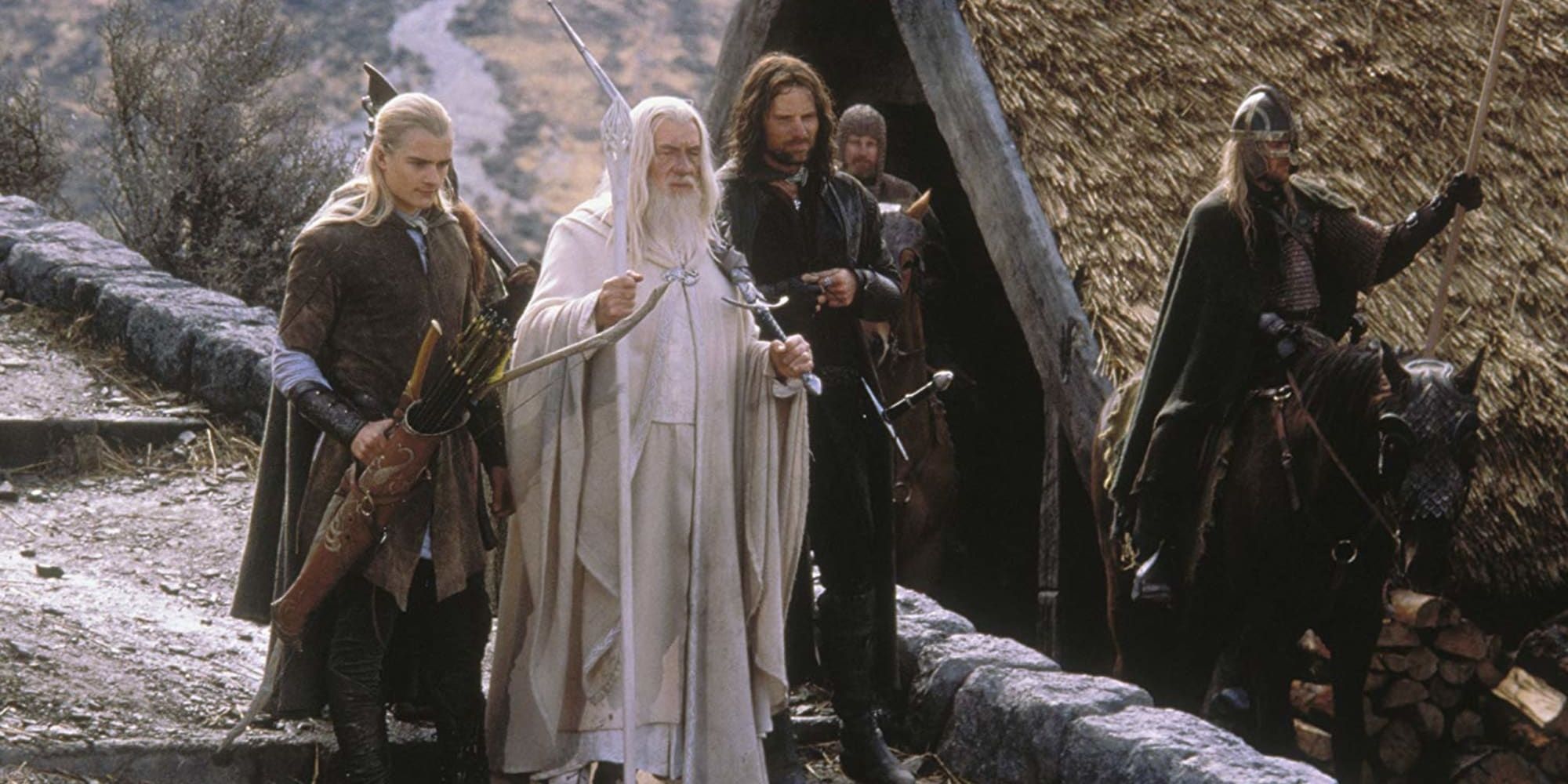
For the longest time, author J.R.R. Tolkien's Lord of the Rings trilogy was considered impossibly difficult to adapt for the screen. When director Peter Jackson took on the challenge, the results impressed critics and audiences alike.
The first two installments in the trilogy racked up a combined 6 wins and 19 nominations. The final film, Return of the King, dominated on Oscar night, winning in every category and 11 awards in total, including "Best Adapted Screenplay," "Best Director," and "Best Picture."
5 The Dark Knight (2008) - 94%
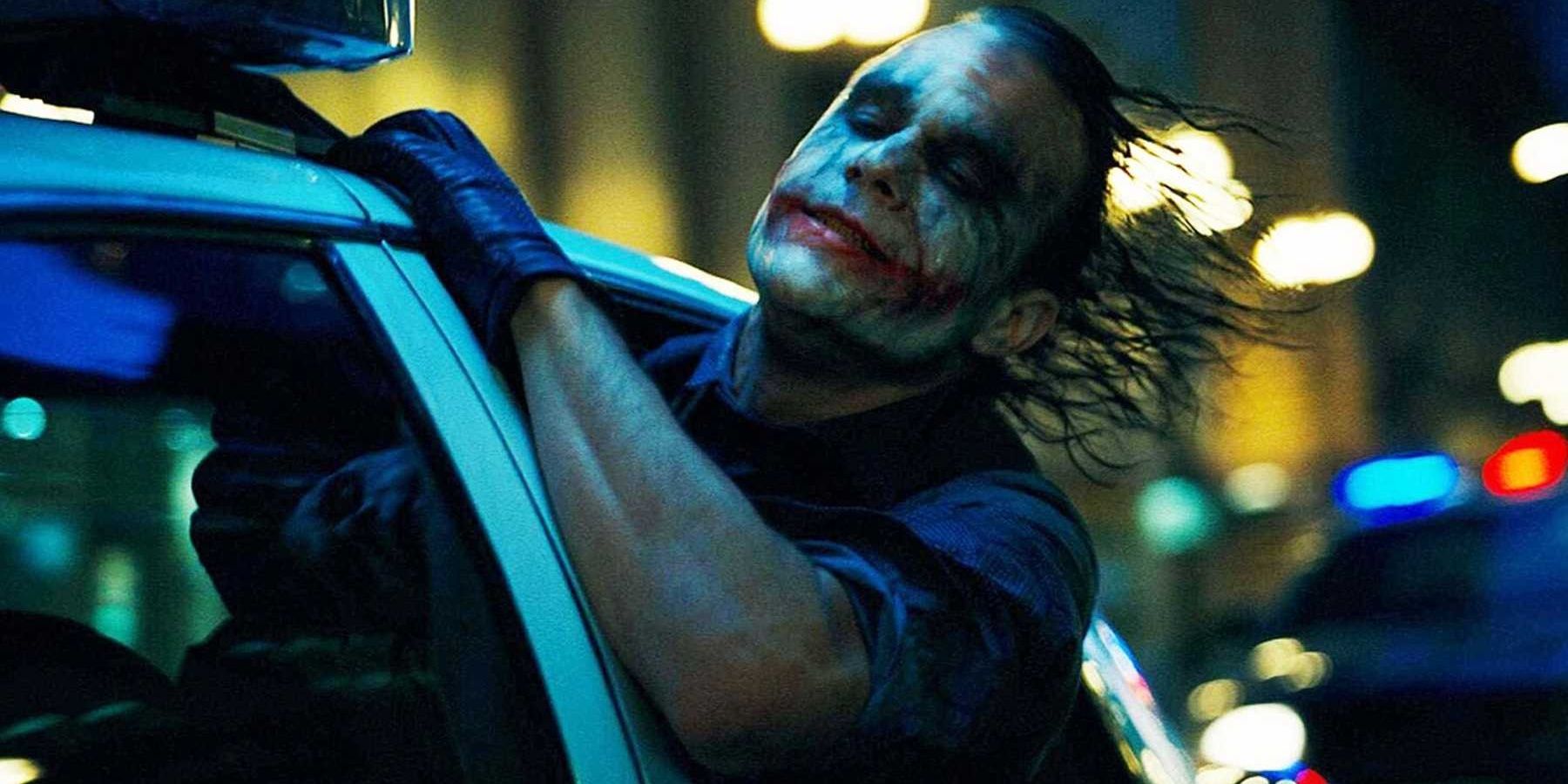
Director Christoper Nolan's second installment in his critically-acclaimed Batman trilogy became an instant classic upon its release. The late Heath Ledger won a posthumous Oscar for his unforgettable performance as Joker. The film was nominated in 7 other categories, winning a second Oscar for "Sound Editing."
Despite its universal praise, the film was not nominated for "Best Picture." This was the last year that "Best Picture" was limited to 5 nominees. Now, of course, up to 10 films can be nominated. It's often thought that The Dark Knight's omission was responsible for the Academy decision to expand the category in order to make room for less traditional "Oscar bait" nominees, including superhero movies.
4 Mad Max: Fury Road (2015) - 97%
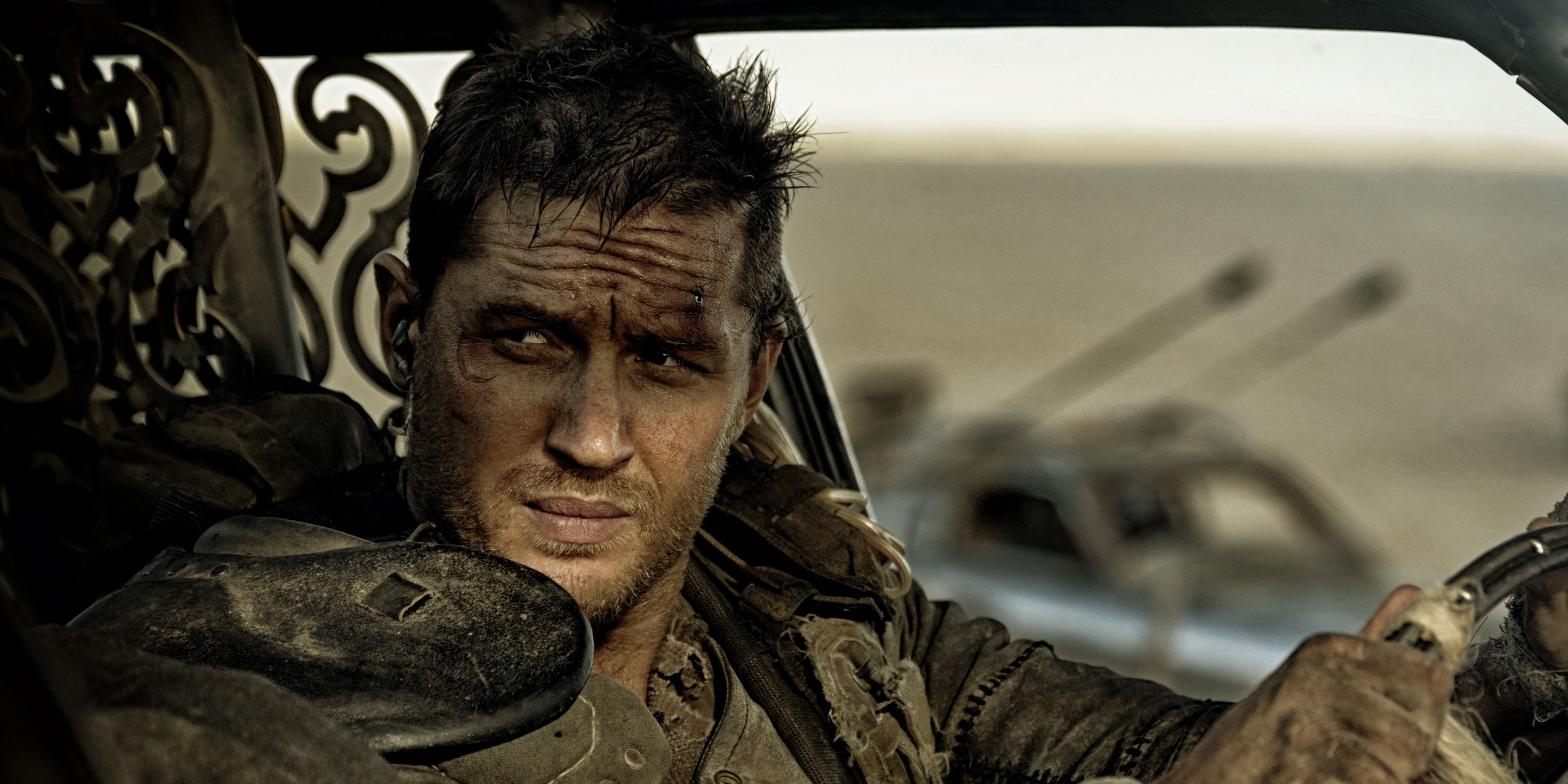
2015's Mad Max: Fury Road is a soaring accomplishment by director George Miller, and widely considered one of the best films of the 2010s. Tom Hardy plays the title role, and Charlize Theron co-stars as Furiosa, one of the great heroines to ever appear on the screen.
The film is a technical marvel, boasting incredible stunts, brilliant production design, and stunning in-camera visual effects. It racked up 10 nominations, including Best Picture and Best Director, and took home 6 trophies overall.
3 Aliens (1986) - 97%

Ridley Scott's 1979 sci-fi horror masterpiece Alien garnered just 2 Oscar nominations in technical categories. James Cameron's 1986 sequel, Aliens, earned 7 nominations, including a "Best Actress" nod for Sigourney Weaver, who reprised her role as Ripley, and "Best Original Score" for longtime James Cameron collaborator James Horner.
The film won 2 Oscars, including the first of 4 career wins for the pioneering visual effects artist Stan Winston, who went on to win 2 awards for Terminator 2, and, most famously, for his incredibly impressive animatronic dinosaurs in Jurassic Park.
2 Toy Story 3 (2010) - 98%
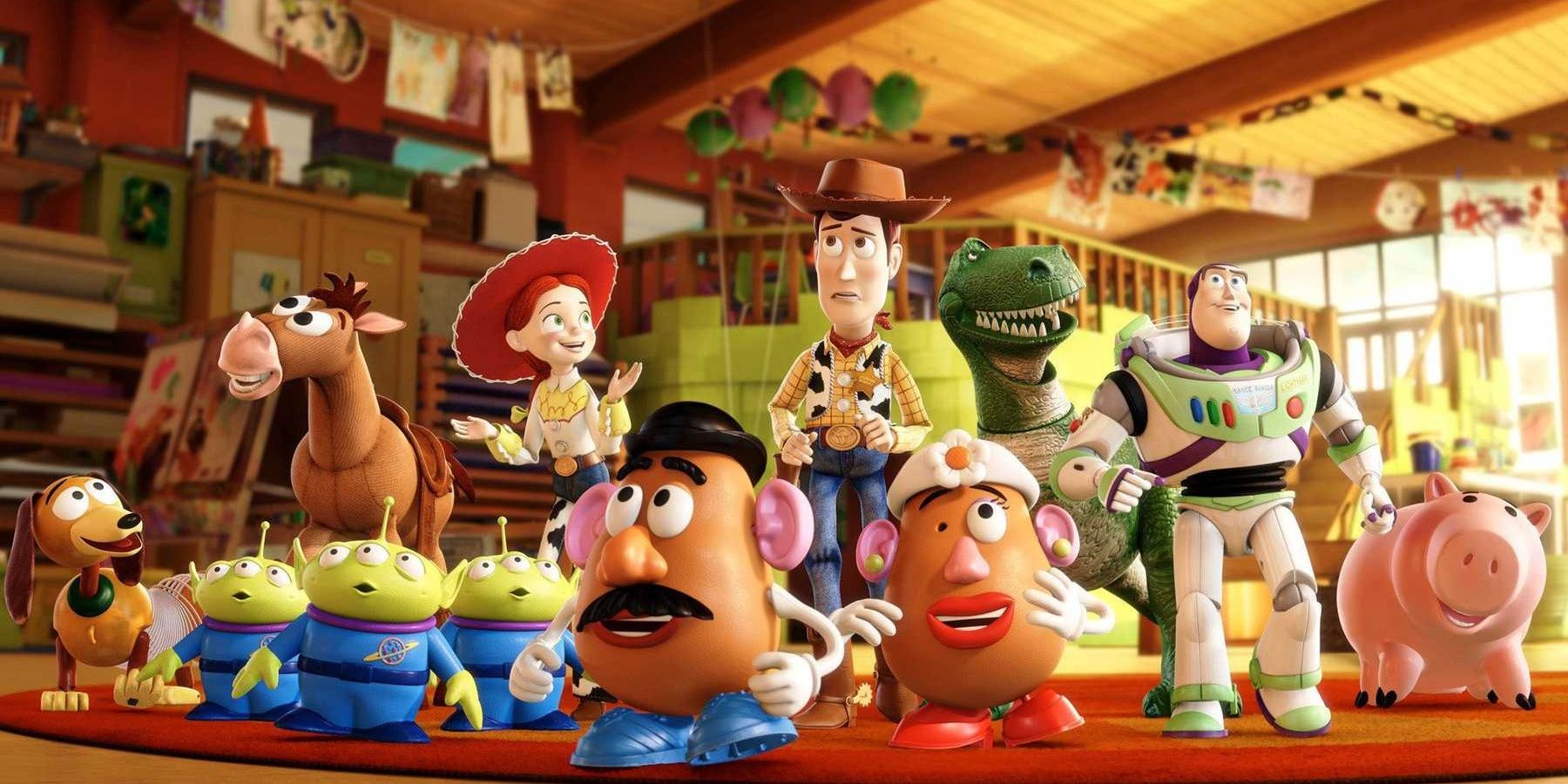
Perhaps the strongest entry in the brilliant Toy Story series, Toy Story 3 is the only animated sequel ever nominated for "Best Picture" at the Academy Awards.
It easily won the Oscar for "Best Animated Feature," and Randy Newman's "We Belong Together" won for "Best Original Song." The film also earned nominations for "Best Sound Editing" and "Best Adapted Screenplay."
1 The Godfather: Part II (1974) - 98%
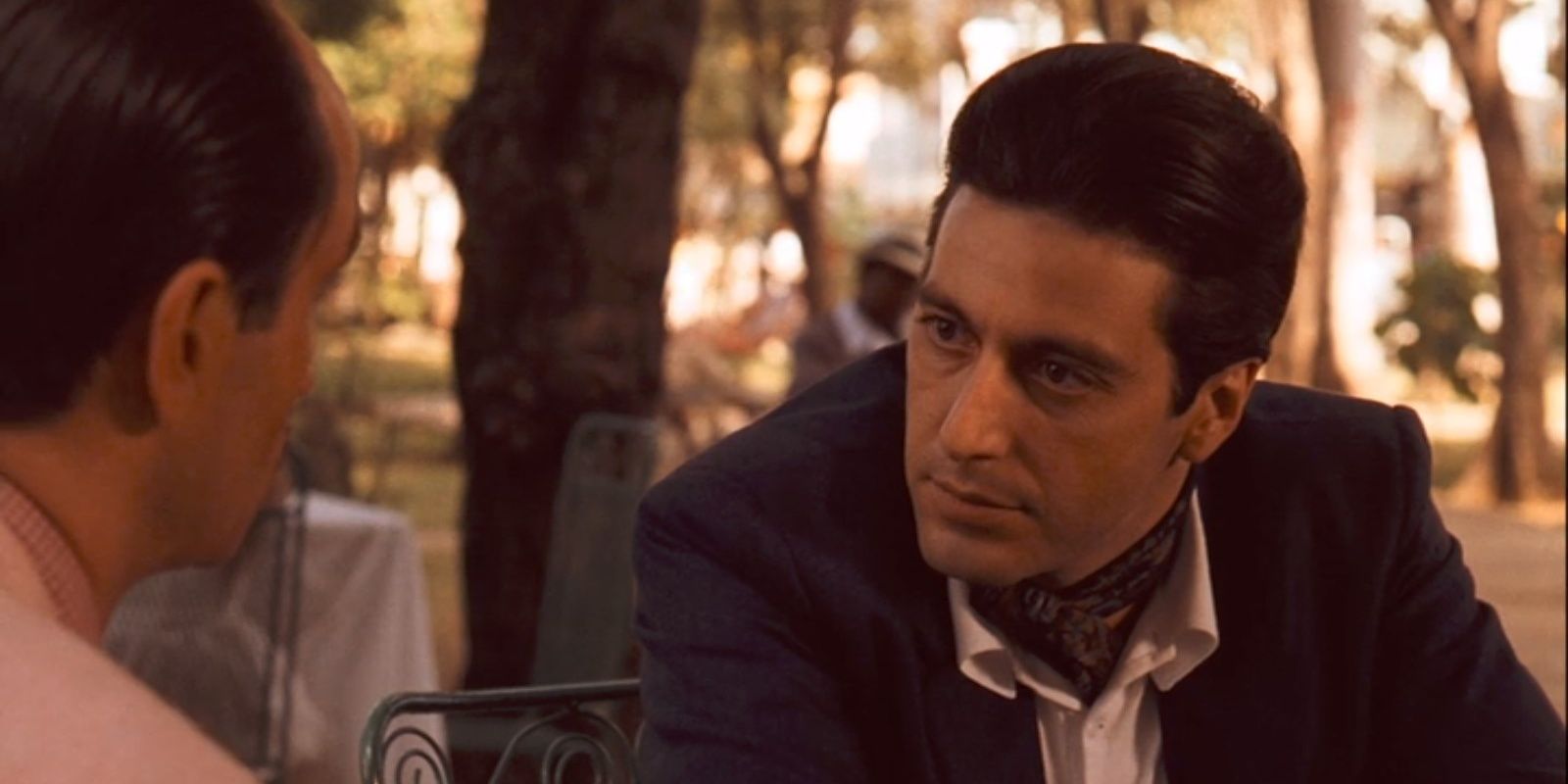
The first sequel ever to win the Oscar for "Best Picture," The Godfather: Part II remains a classic to this day and is widely considered the greatest sequel ever made. The film was nominated 11 times, including 3 nominations for "Best Supporting Actor," for Lee Strasberg, Michael V. Gazzo, and the winner, Robert DeNiro.
It won 6 trophies overall, including "Best Adapted Screenplay," "Best Picture," and the "Best Director" prize for Francis Ford Coppola. Despite the original's Oscar successes two years earlier, Coppola lost the directing award to Bob Fosse, who won that year for Cabaret.
from ScreenRant - Feed https://ift.tt/3hNpX3g

0 Comments